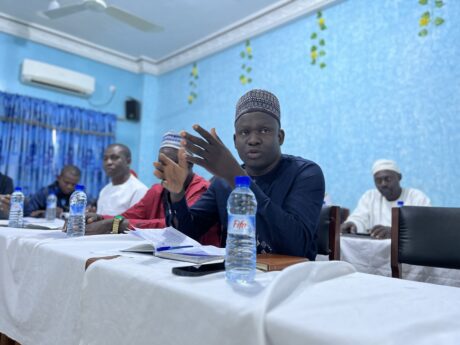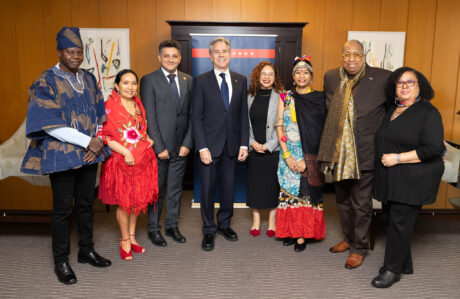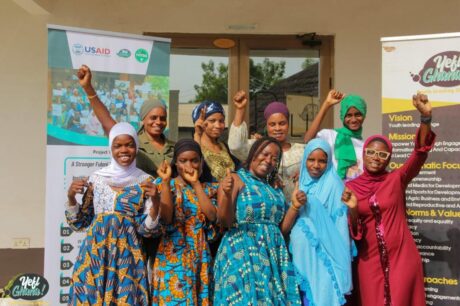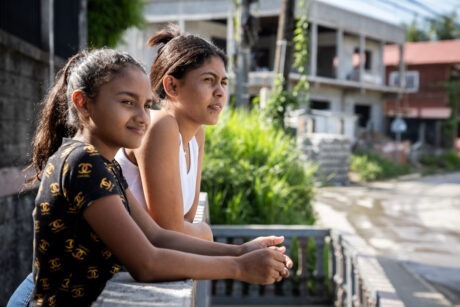Accra, GhanaIn the shadow of violent extremism, communities in West Africa are finding that youth centers are more than just sites for recreation. With the right support, these centers can strengthen social cohesion among young people and offer positive alternatives to extremism.
However, the opposite can also occur. In northern Benin, the Dassari Youth Center had fallen into neglect, becoming a hub for illicit activities due to a lack of maintenance and oversight. Thanks to the concerted efforts of the community, local officials and the Littorals Regional Initiative (LRI) program supported by USAID’s Office of Transition Initiatives (OTI), it has now transformed into a vibrant center of unity and positive engagement for Dassari’s youth.
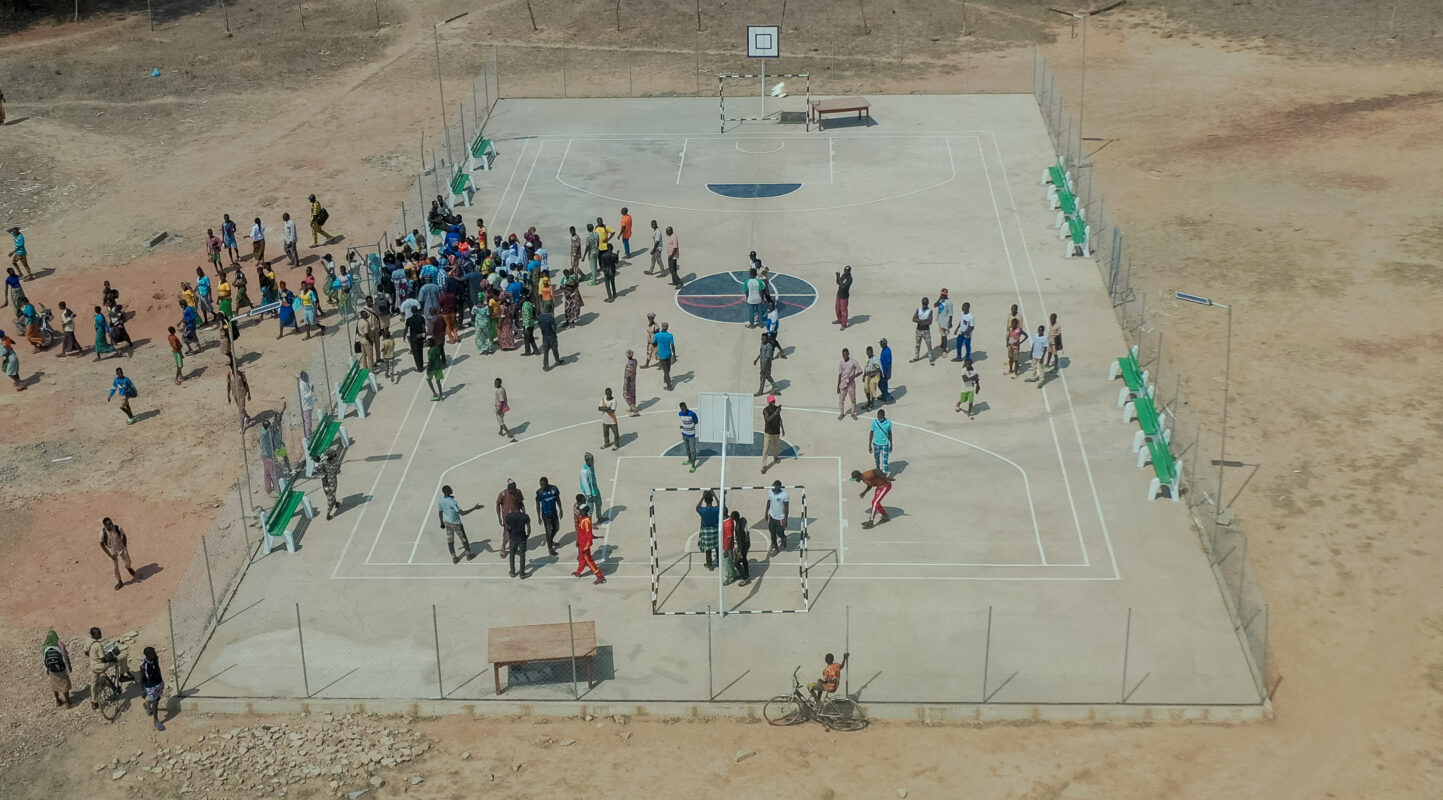
The availability of such constructive spaces is crucial, even lifesaving, for the youth in Benin and the larger region, providing them with a safe environment to grow and socialize with peers from different backgrounds.
“It delights us to find ourselves among several ethnic groups,” says Oumarou Djapourga, a youth of Fulbe descent from Dassari. “We have learned about the realities of others and now know how to live in peace.”
Since 2021, rehabilitating youth centers in Benin has sparked a transformative movement that empowers young people and fosters community cohesion. Youth now have a safe place to spend their free time, play sports and build positive relationships, promoting peaceful coexistence.
A need for inclusive spaces
Dassari is part of Materi commune in northern Benin, near the borders of Burkina Faso and Togo, making it a prime target for attacks by violent extremist organizations. In the summer of 2022, armed men killed two people and injured two others in nearby Tantega.
USAID/OTI’s LRI is a locally focused program. It addresses the specific needs of a community by involving local stakeholders, tailoring solutions to the local context and building local capacity for sustainable impact. Beginning in 2021, LRI conducted workshops on preventing violent extremism in several communes, revealing a critical need for inclusive spaces where youth could engage positively.
In 2022, local officials in Materi requested support from USAID to refurbish the Dassari Youth Center to facilitate interaction and positive relationships among youth from different ethnic backgrounds. In late 2023, LRI supported the Materi mayor’s office in rehabilitating the center. The work included repairing ceilings, upgrading the electrical system, painting walls and refurbishing handball and basketball courts.
Youth from diverse communities were actively engaged in the rehabilitation process, fostering trust and positive interactions. A local company hired 37 young men and women from various ethnic backgrounds within the community to do the work together.
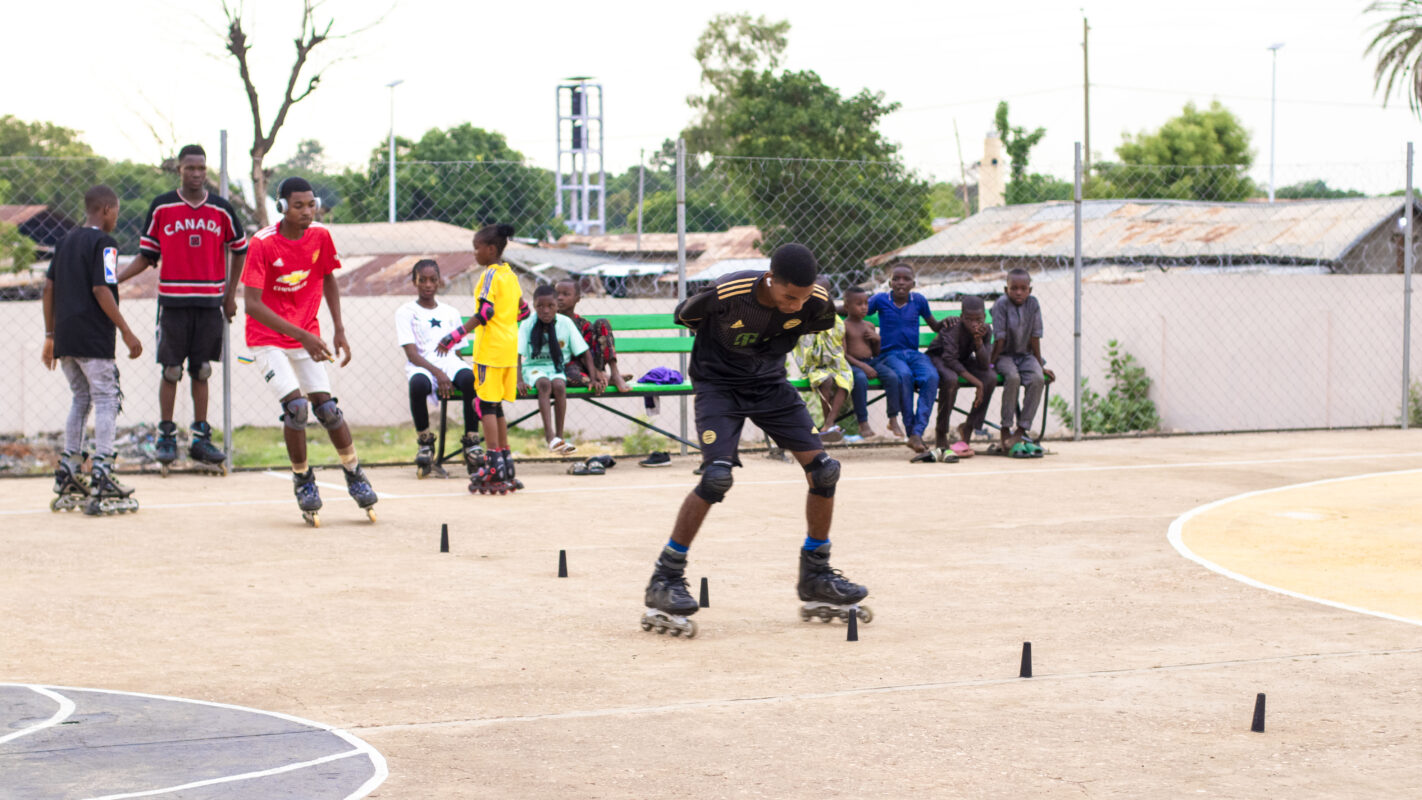
“Since the rehabilitation work began, the perception of the majority ethnic group towards us has changed significantly,” Oumaraou Djapourga says. “Previously, those of us from ethnic minorities were excluded from work activities. However, the authorities have now assured us that the center is for everyone and that we can actively participate. This demonstrates the growing acceptance of the indigenous communities towards us.”
On Jan. 19, 2024, more than 400 community members joined authorities to celebrate the official opening of the newly renovated youth center, marking the beginning of a new chapter for the youth of Dassari.
“The rehabilitated youth center addresses a crucial need within our communities, providing a safe space for our populations in this fragile security context,” says Materi Mayor Robert Wimbo Kassa. “We are committed to utilizing the center effectively and ensuring its benefits reach all members of our society. We will implement healthy activities to foster cohesion and unity and ensure equal access for all social classes, including minorities.”
Dame Fati, a young woman from Dassari, says she is happy to have a place that welcomes young people of different genders.
“As a young woman, I feel included because local officials now invite us to participate in activities,” Fati says. “This place provides us with the opportunity to come together and engage in activities just like our male youth.”
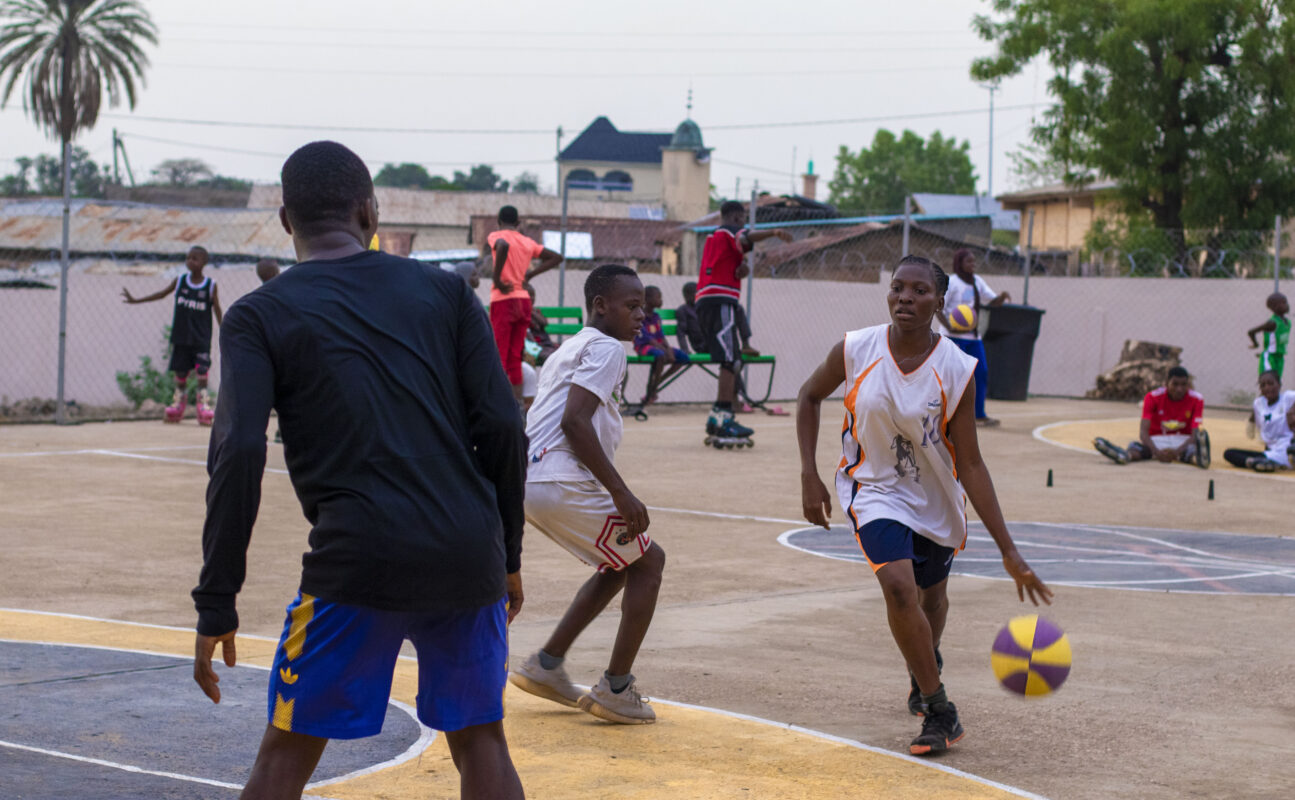
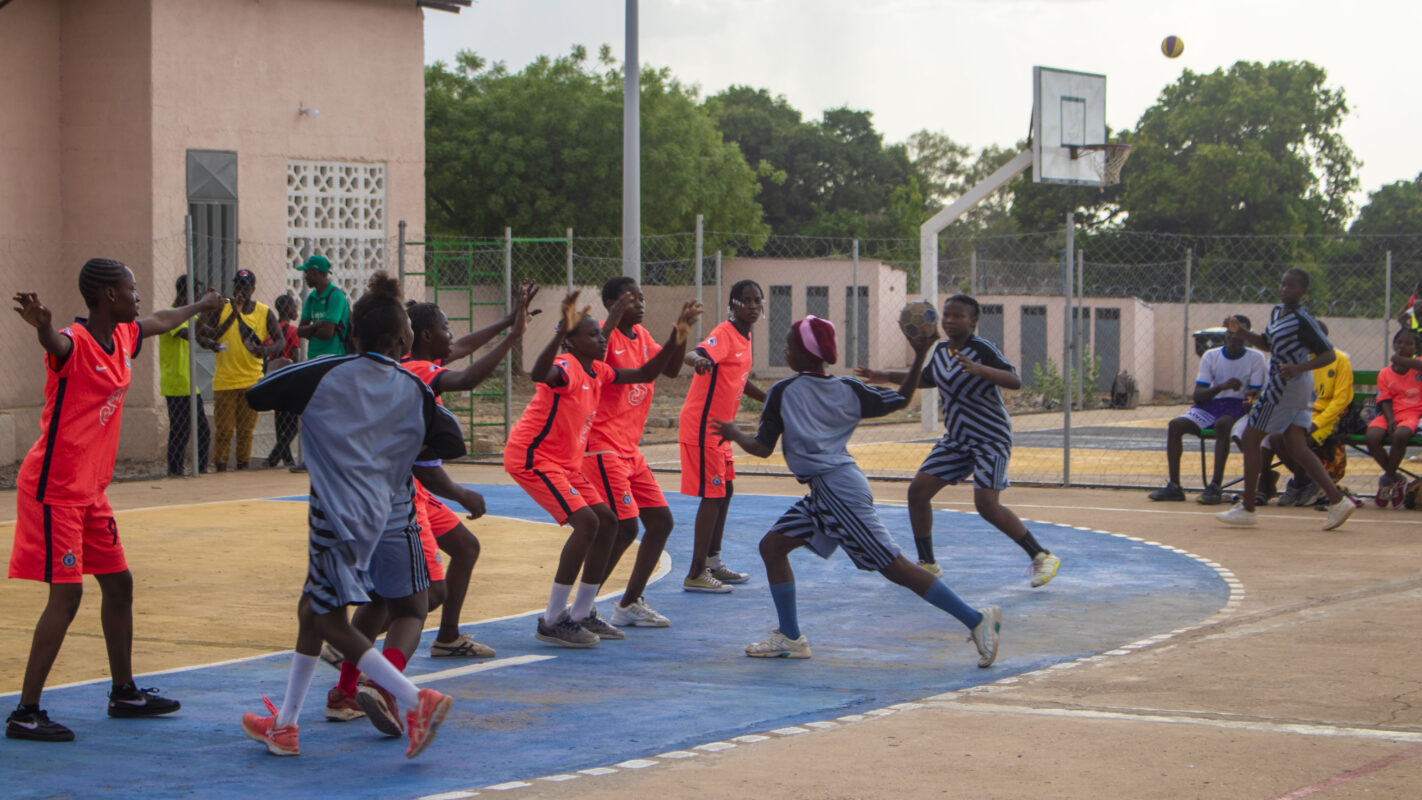
Sparking youth civic engagement
Since the inauguration, youth have initiated socio-cultural and sports activities at the Dassari Youth Center, fostering positive interaction between ethnic groups. The center hosted various socio-cultural activities, including songs and dances in different local languages.
The youth center has also become a venue for meetings between young people and local officials. In March 2024, officials and 30 young people met to discuss a new agricultural project. Responding to a request by the youth, officials agreed to arrange the excavation of a borehole to provide drinking water for visitors to the center.
The local authority designated two seats for youth on the center’s seven-member management committee. That gives youth a say in the center’s day-to-day operations and planning for improvements, making youth feel empowered.
The center has instilled a sense of responsibility in local youth. Some youth who met through the center formed an inclusive association called the Youth Association for the Development of the District of Dassari, which meets periodically to discuss issues that concern them. They also established a WhatsApp group for discussing peace and social cohesion and organize regular clean-up efforts to maintain the center.
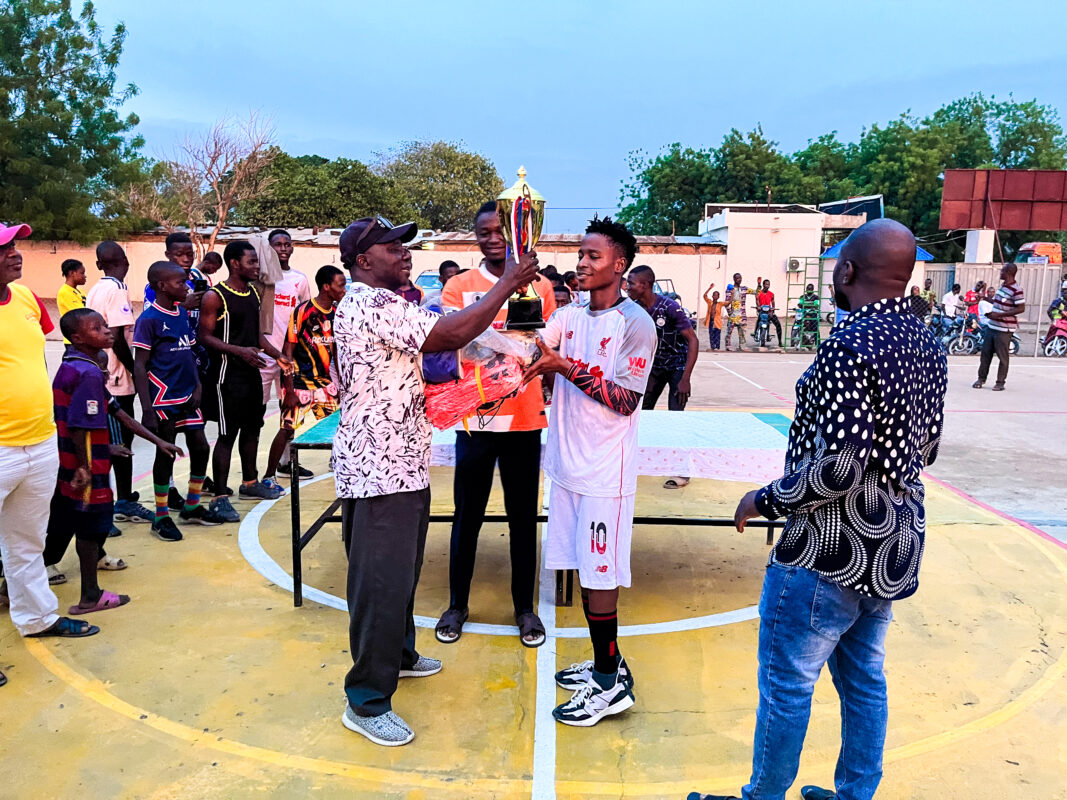
Renewal of a youth center in Kandi
The community of Kandi in northern Benin experienced a similar transformation.
In Kandi, youth unemployment, idleness, and drug consumption make young people vulnerable to recruitment by violent extremist organizations.
The Leman Fari Youth Center, a complex with an auditorium and sports courts constructed in 2010, had fallen into disrepair by 2021. Lack of maintenance led to its deterioration, making it unsafe and rarely used. When LRI conducted a community dialogue in late 2021, Kandi community leaders appealed for USAID’s support in rehabilitating the youth center.
LRI provided financial support to the mayor’s office to rehabilitate the center from late 2022 through early 2023. The work expanded a handball court, repaired a basketball court and added playgrounds, storage areas, offices and toilets.
In February 2023, U.S. Ambassador Brian Shukan, local authorities and youth representatives inaugurated the center. A representative of the mayor’s office praised the impact of the center’s rehabilitation during a handball tournament.
“This center is being reborn, given the large number of spectators we see today,” said the official, N’diaye Ibrahim. “It is a dream for me to see this gem made available to us by USAID.”
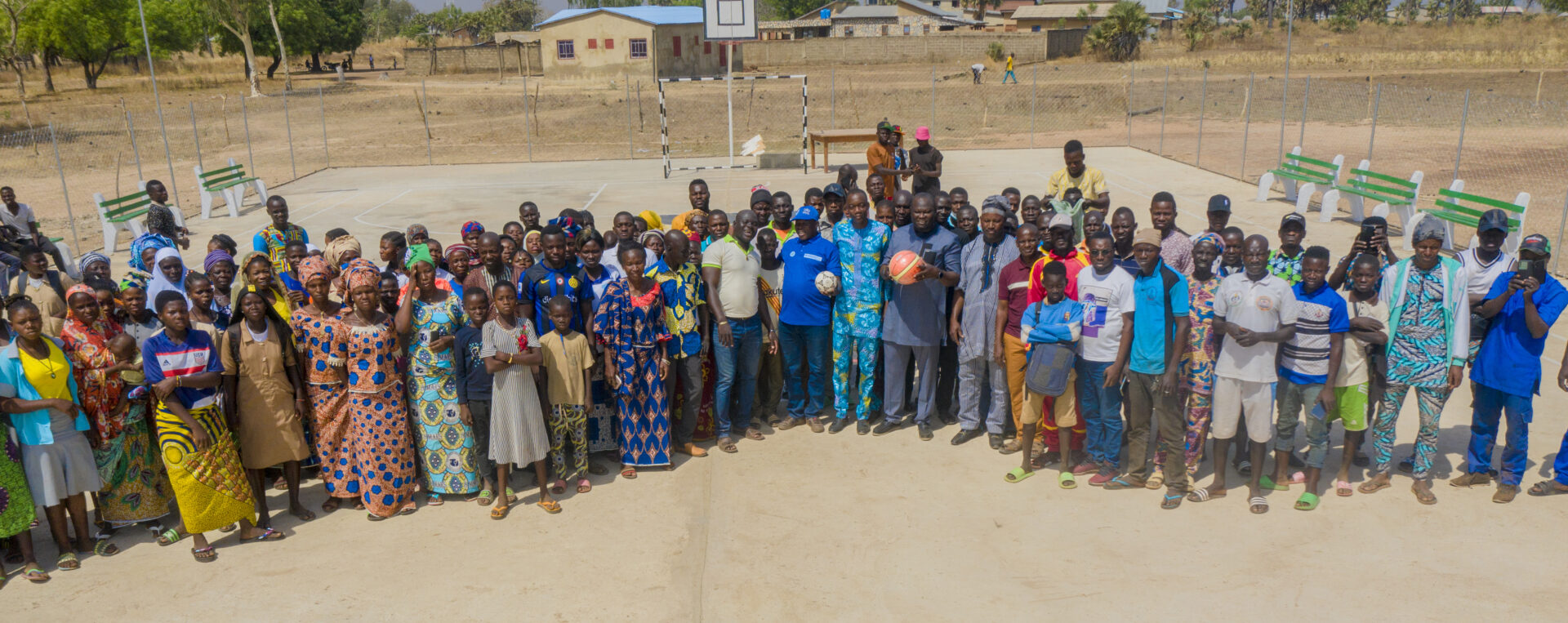
After the renovation, the center began hosting periodic tournaments where local youth could come together and build positive relationships. The events highlight the value of sports tournaments in fostering unity and enjoyment.
“The tournament allowed young people to come together and move forward,” says Alidou Oubédou, a young student from Kandi commune who comes to the center to play handball. “We really needed this to get together and have fun.”
Cultural events and cross-cultural connections
The center in Kandi began hosting cultural events and musical concerts, drawing as many as 300 young attendees. These events have provided a platform for young people to celebrate their cultural heritage.
“I now have a place to flourish,” says Andra Amzath, a young spectator. “I encourage young people to take care of this center and strengthen the links between them by continuing to organize tournaments in the center.”
In addition to fostering interaction between different ethnic groups, the center’s revival has promoted the inclusion of people with disabilities. A basketball match was organized between teams of people with disabilities from Kandi and Cotonou, drawing a large and diverse crowd.
The center’s rehabilitation has also led to youth leadership in the community. Young people have taken the initiative to organize events and awareness campaigns on social cohesion.
“The rehabilitation of the center means that young people are more fulfilled during the holidays because the center is livelier than before,” says Arouna Roufai, a youth and member of the center’s management committee.
The center’s rehabilitation has also contributed to the preservation of cultural traditions. Traditional activities like wrestling competitions have been organized, ensuring cultural heritage is celebrated and shared with younger generations.
The youth centers in Benin have become beacons of hope and unity in a region plagued by insecurity and division. The involvement of young people in the rehabilitation and management of the centers strengthened their sense of belonging to the community. The centers now serve as venues for cultural events, recreation, and civic engagement.
The transformation of these youth centers goes beyond infrastructure, showcasing the power of safe spaces for positive youth engagement.
